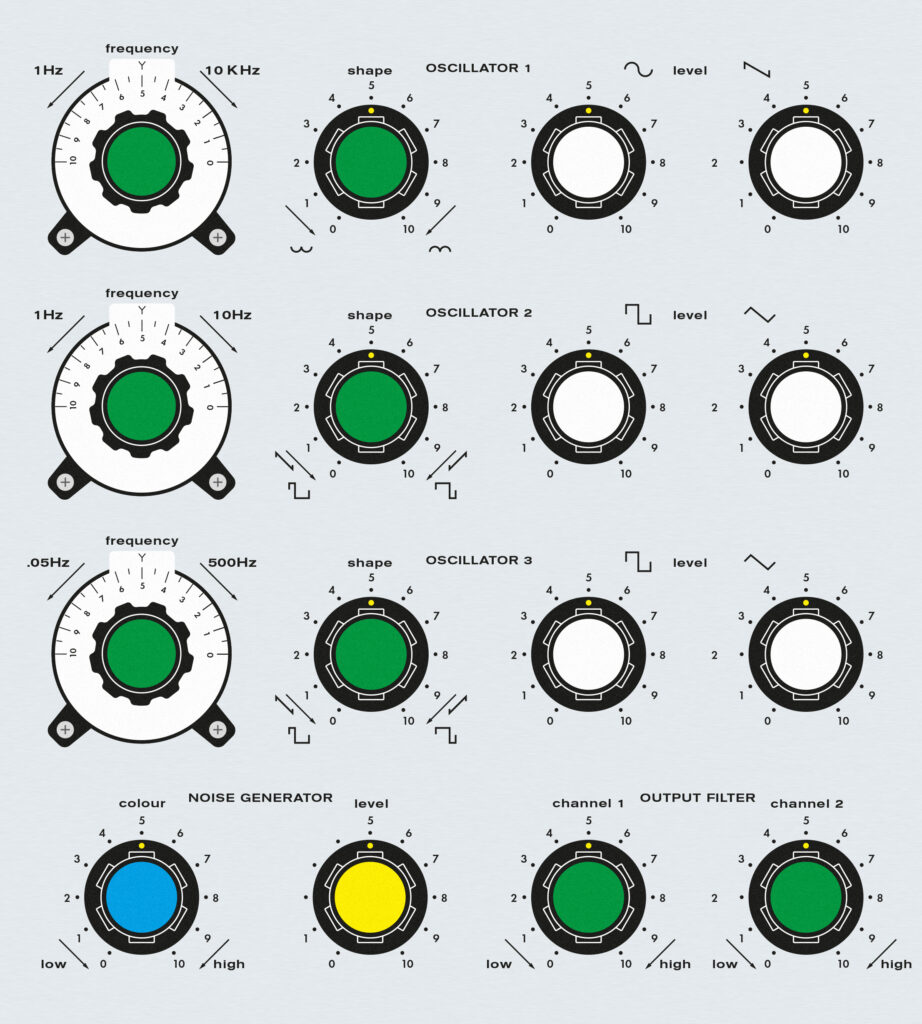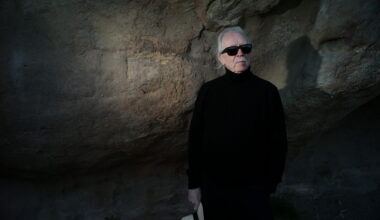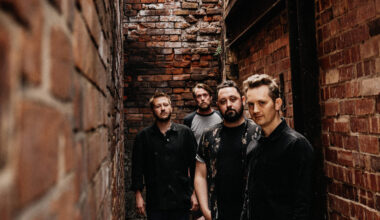
In early 1969, you could count the world’s synthesiser companies on the fingers of one hand after an unfortunate fireworks accident.
Buchla had started commercial operations in 1966, selling modules, while Bob Moog opened for business in 1967. Robert Pearlman was in the process of creating ARP, and the rest of the world’s synths were one-offs that lived in laboratories, like the RCA Mark II Sound Synthesizer in the Columbia-Princeton Electronic Music Centre, or were part of an electronic music studio, like the WDR Electronic Music Studio in Cologne, where the studio was the synthesiser, and vice versa.
There were also a scattering of private electronic music studios, built by engineer/composers for their own research and creative ends, among them Daphne Oram in Kent, Louis and Bebe Barron in New York, and Raymond Scott in Long Island.
Electronic Music Studios (London) Ltd, which launched in 1969, was the 60s lovechild of two private electronic music studio owners in England who had been operating for some years without being aware of each other. They were Peter Zinovieff in London, and Tristram Cary in Suffolk.
With electronics genius David Cockerell realising their ideas in circuit boards and other devilishly smart engineering solutions, these three set about creating perhaps the most eccentric and romantically mythologised synthesiser company there has ever been.
In the spirit of generations of British gentlemen explorers who had preceded them, EMS climbed the peaks of electronic waveforms with a rare combination of genius, ingenuity, daring and a high-minded disregard for the mucky mechanics of business.
While the rest of the country was eagerly anticipating the next album from The Beatles and abandoning psychedelia for whatever the end of the decade was going to bring, Zinovieff, Cary and Cockerell were cooking up an electronic storm in the shape of the world’s first portable, self-contained synthesiser: the EMS VCS 3. While Zinovieff had met The Beatles, the juggernaut of 60s pop music was not, to use the vernacular of the day, where his head was at.
EMS were building instruments partly as a natural progression of their own research and pioneering work in electronic music techniques, but mainly to fund Zinovieff’s studio and the work he was doing there. They were motivated not by profit, but by the desire to explore electronic music itself.
Along the way, their machines cropped up in the underground and pop music of the 70s, and they performed a pincer movement on the young of the nation when they were taken up by schools as music educational tools and by the Radiophonic Workshop, who used EMS synths to create hundreds of BBC radio and TV theme tunes and idents.
The first incarnation of EMS lasted only 10 years, finally pitching into bankruptcy in 1979 after at least five years of shaky finances. Both Cary and Cockerell were long gone, and Zinovieff seemed largely relieved to be freed of the responsibility of the company and went off to live in a windmill on the Scottish island of Raasay, where he continued his pioneering work into the potential of computer-controlled music composition.
But the legacy of his EMS lives on, as does EMS itself. Fifty years after the establishment of this most British synthesiser company, its spring reverb-soaked oscillator blurts are still with us.





